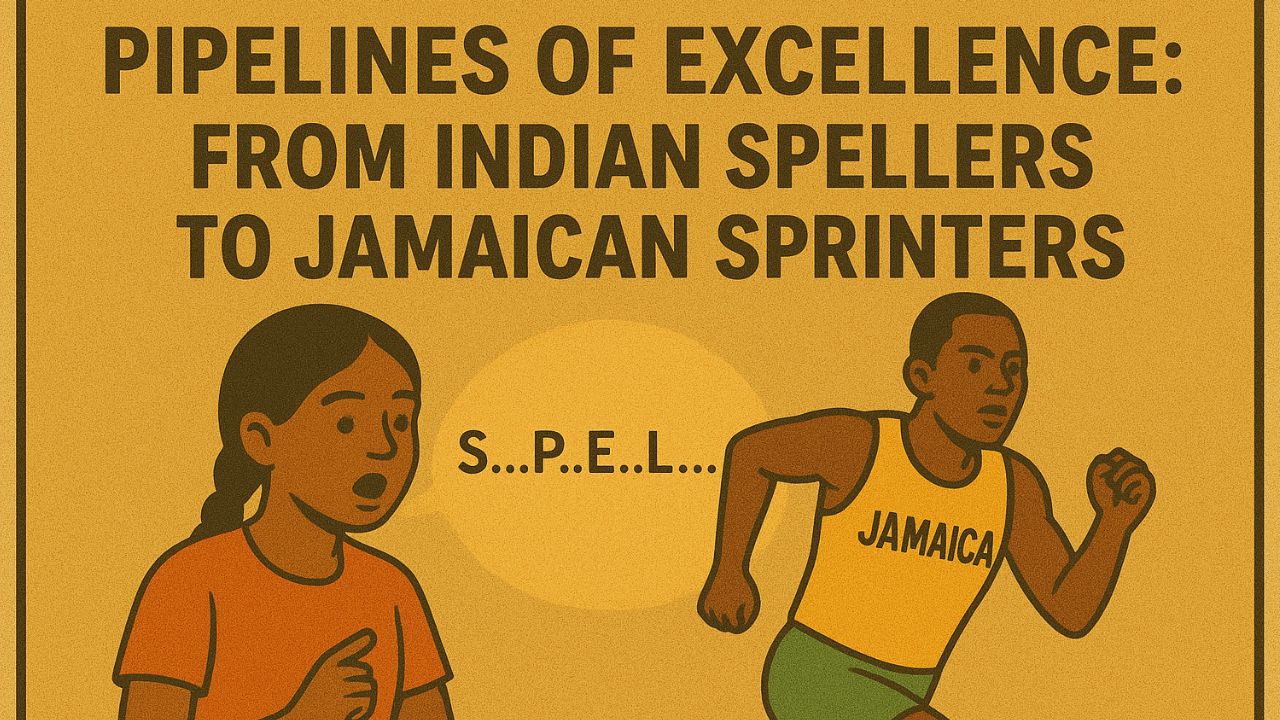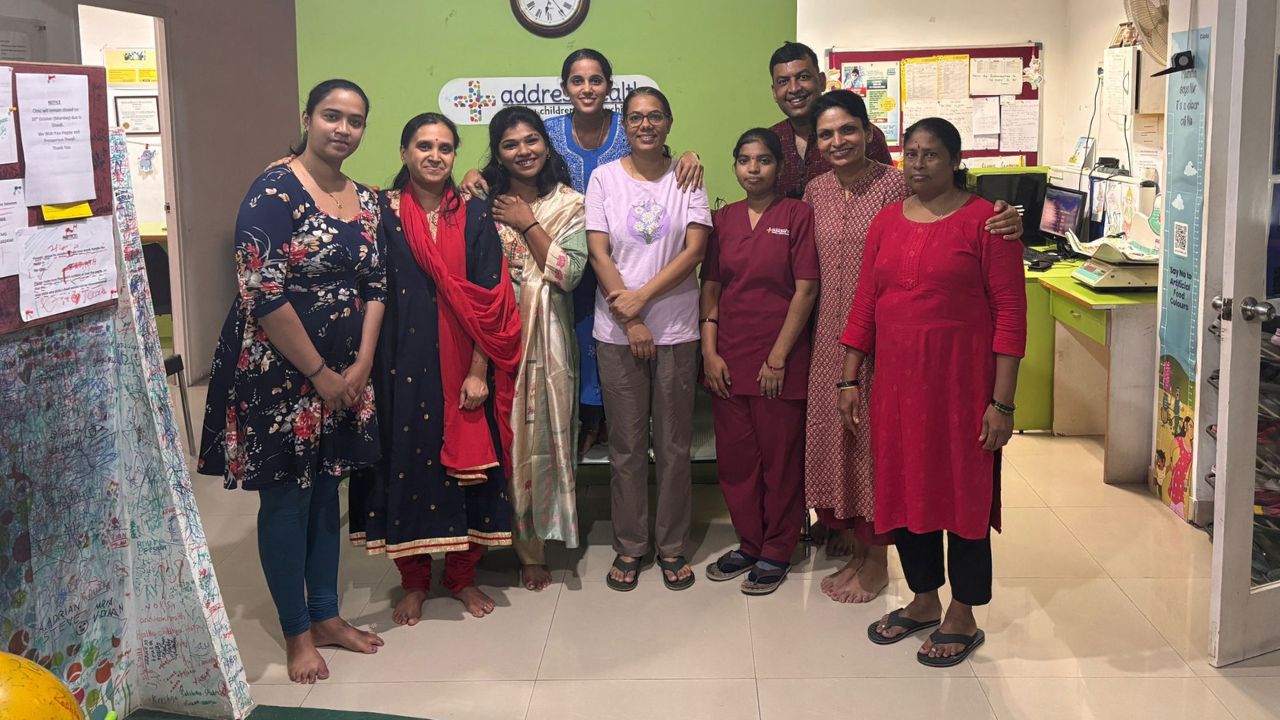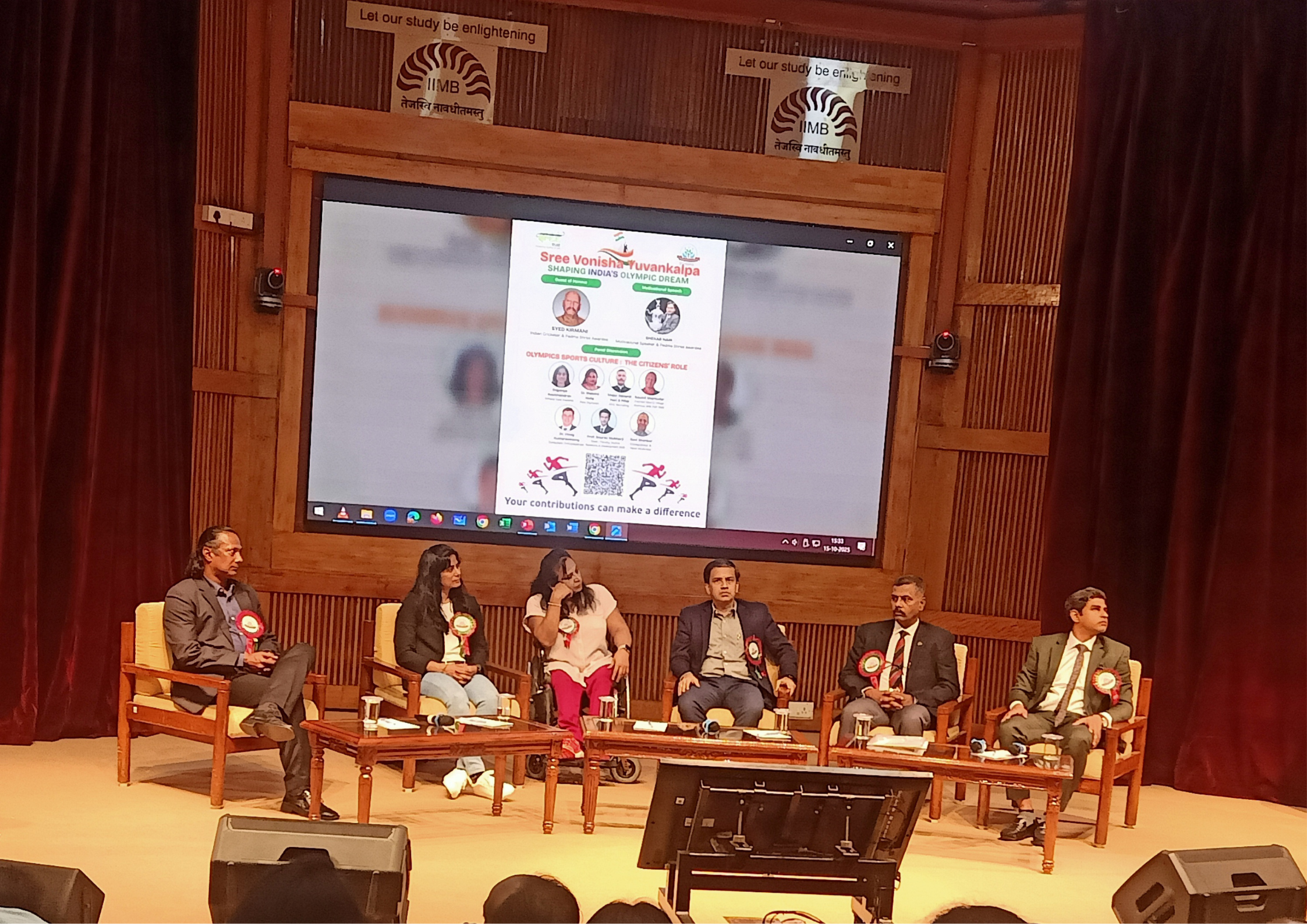Pipelines of Excellence: From Indian Spellers to Jamaican Sprinters

Across continents, certain communities keep producing world-class talent in very specific arenas: Indian-American children dominate U.S. spelling bees, Jamaican sprinters own the 100-meter dash, Chinese students top international math Olympiads, and Russian players continue to shine in chess. It’s tempting to chalk these achievements up to “natural talent” or DNA, but a closer look reveals something more powerful: culture, community, and deliberate practice. For Indian parents, understanding these pipelines of excellence can help you nurture your child’s potential in any field—whether that’s words, numbers, or something entirely different.
Why Indian Kids Rule the Spelling Bee
Walk into the Scripps National Spelling Bee finals and you’ll notice a pattern: since 1999, more than 90% of champions have been of Indian origin. This is not genetic luck. Instead, it’s the outcome of a supportive ecosystem:
- Community Networks: Organizations like the North South Foundation and South Asian Spelling Bee create a ladder of local, regional, and national contests. Kids get multiple chances to compete and learn.
- Parental Involvement: Many parents treat spelling preparation like a family project—quizzing kids, organizing weekend “bee clubs,” and sharing resources with friends.
- Language Richness: Growing up bilingual or trilingual gives many Indian children an intuitive grasp of word roots and phonetics.
Researchers note that the average champion studies 2–3 hours daily in the months leading to the finals—proof that discipline, not destiny, drives results.
Jamaican Sprinting: Speed from Culture and Support
Jamaica, a nation of under 3 million, has produced legends like Usain Bolt, Shelly-Ann Fraser-Pryce, and Asafa Powell. Genetics play a small role, but the real magic lies in:
- Early Talent Identification: The island’s famous “Champs” (Inter-Secondary Schools Boys and Girls Championships) attracts 30,000+ spectators every year, making sprinting as celebrated as cricket in India.
- Coaching Depth: A dense network of elite coaches and local clubs ensures that young sprinters get professional guidance from childhood.
- National Pride: Sprinting success is woven into Jamaica’s identity, creating heroes children want to emulate.
Chinese Math Olympiads: A System of Precision
China has dominated the International Mathematical Olympiad (IMO) for decades. Their edge comes from:
- Specialized Training Camps: The country identifies math talent early and funnels students into intense problem-solving camps.
- Cultural Emphasis on STEM: Math is viewed as a national strength, with government funding and family pride pushing students to excel.
- Peer Groups: Students motivate each other in high-level clubs, making advanced math socially rewarding.
Russian Chess: The Classic Pipeline
Russia’s chess supremacy—think Garry Kasparov, Anatoly Karpov, and Ian Nepomniachtchi—springs from a deep chess culture:
- State Support: For decades, the Soviet Union treated chess as a strategic sport, funding academies and coaches.
- Community Clubs: Chess clubs in schools and neighborhoods provide easy access to mentoring.
- Role Models: Generations of champions inspire the next wave of grandmasters.
Common Threads: Building a Pipeline of Excellence
Despite different cultures and activities, these success stories share key ingredients:
- Accessible Infrastructure: Local clubs, community competitions, and training pathways.
- Intense Practice Culture: Consistent, structured effort over many years.
- Parental and Community Buy-In: Families invest time, energy, and sometimes finances to nurture talent.
- Visible Role Models: Children see people like them achieving greatness.
What Indian Parents Can Do: A Practical Guide
Whether your child dreams of being a champion speller, coder, artist, or athlete, here’s how to adapt these lessons:
1. Spot Interests Early—but Gently
Observe where your child naturally shows curiosity. Provide exposure to books, puzzles, sports, or music. Avoid pushing them into a field just because it’s popular.
2. Create a Micro-Ecosystem
If there’s no local club, start small: organize weekend spelling circles, math meetups, or chess evenings with other families. Peer energy keeps kids motivated.
3. Invest in Coaching and Resources
Look for quality mentors or online platforms. For example, many spelling champions use Merriam-Webster’s Word Study app, while budding mathematicians join global problem-solving forums.
4. Celebrate Effort, Not Just Results
Research shows that praising effort builds resilience. Acknowledge consistent practice, even when wins are far away.
5. Balance Is Key
Intense focus should never mean burnout. Ensure your child enjoys unstructured play and family time. Greatness thrives when kids remain curious and joyful.
6. Be a Learning Partner
Read alongside them, attend competitions, and share their excitement. Children whose parents engage in their passion feel supported, not pressured.
The Bigger Takeaway
The triumph of Indian spellers, Jamaican sprinters, Chinese math prodigies, and Russian chess grandmasters reveals a simple truth: excellence is engineered. Genetics may open a door, but culture, community, and deliberate practice carry a child through it.
Indian parents everywhere can draw inspiration from these models. Whether you live in Mumbai, London, or Silicon Valley, you can help create a mini-pipeline of excellence in your own home—one that’s tailored to your child’s unique dreams.




